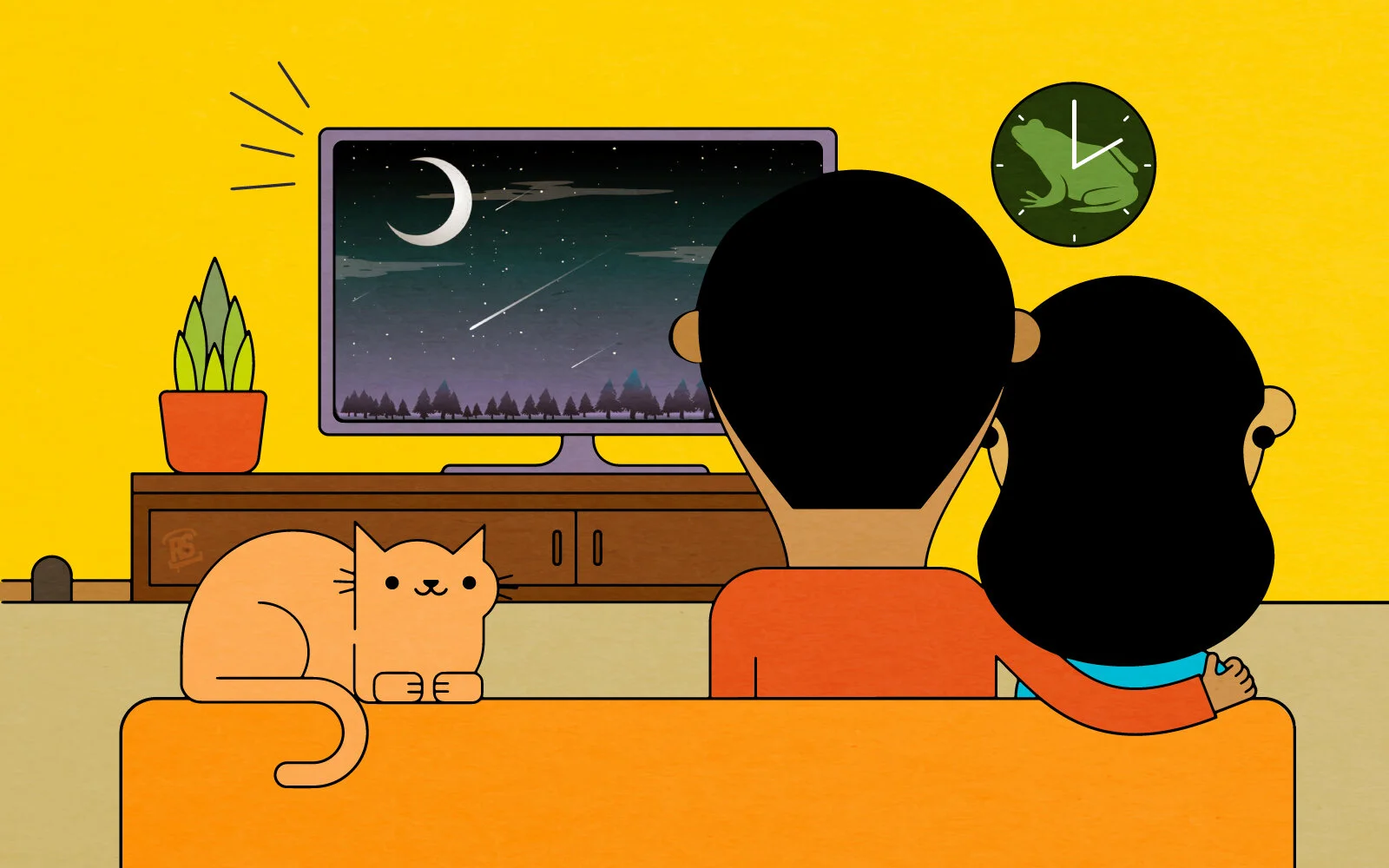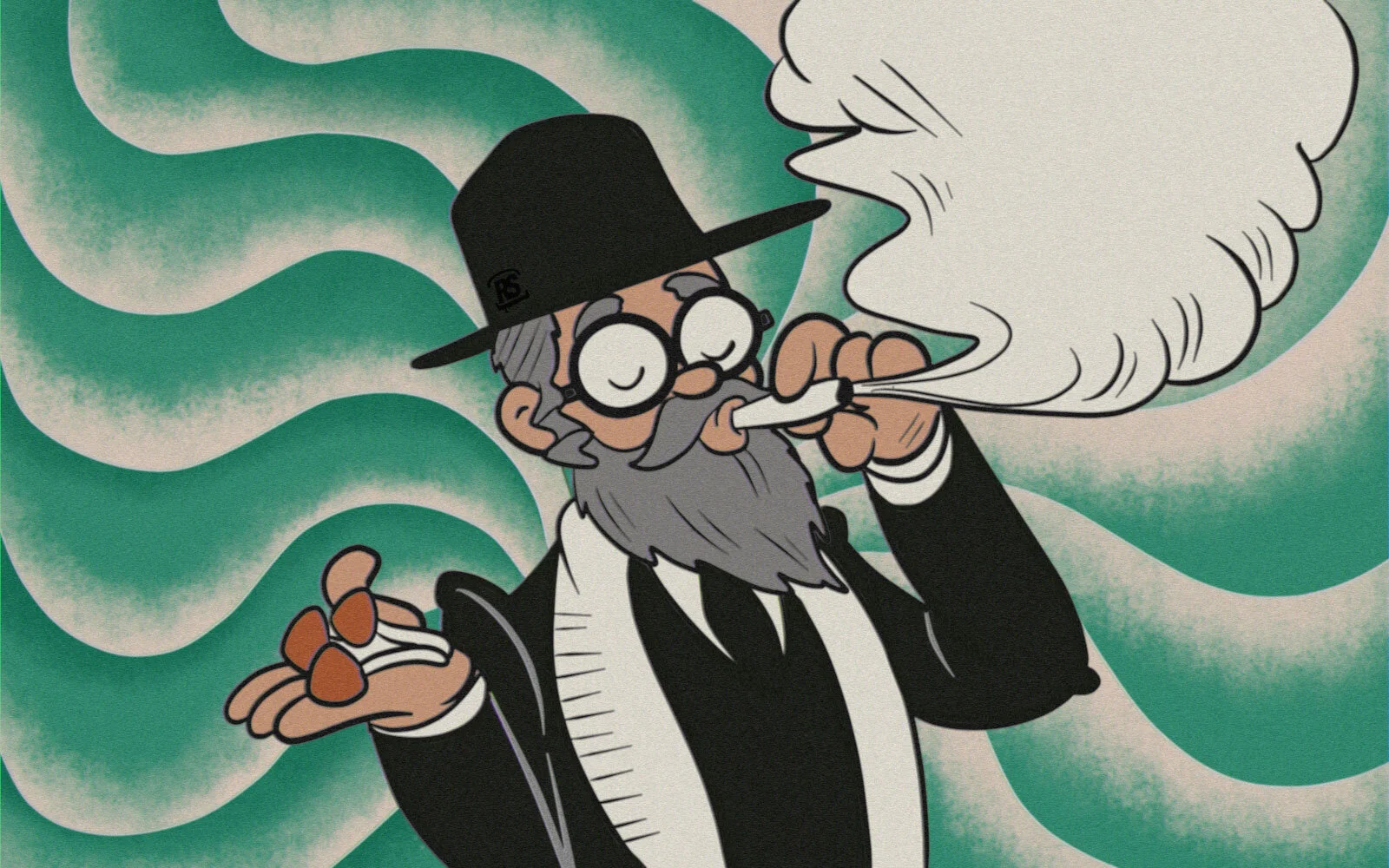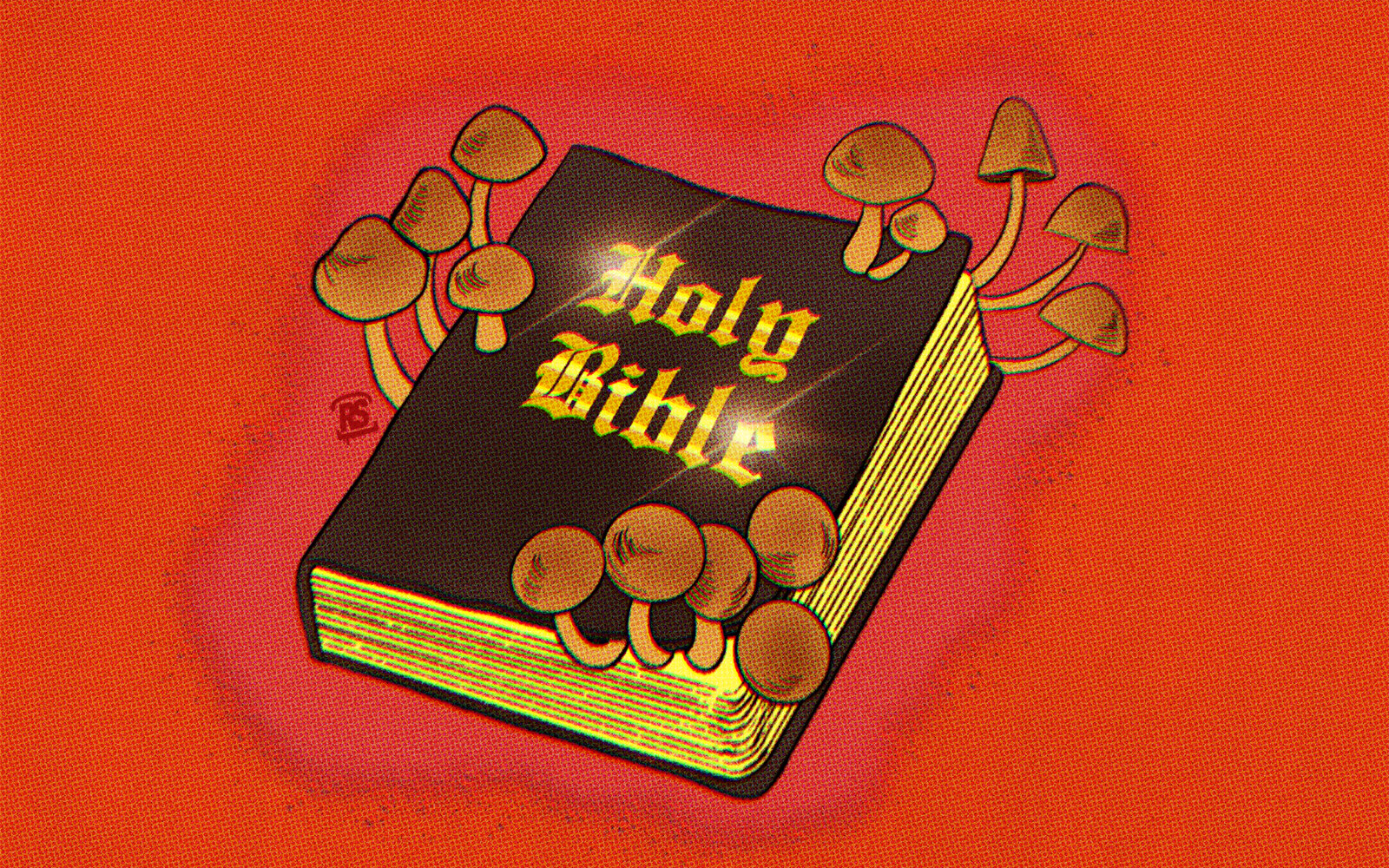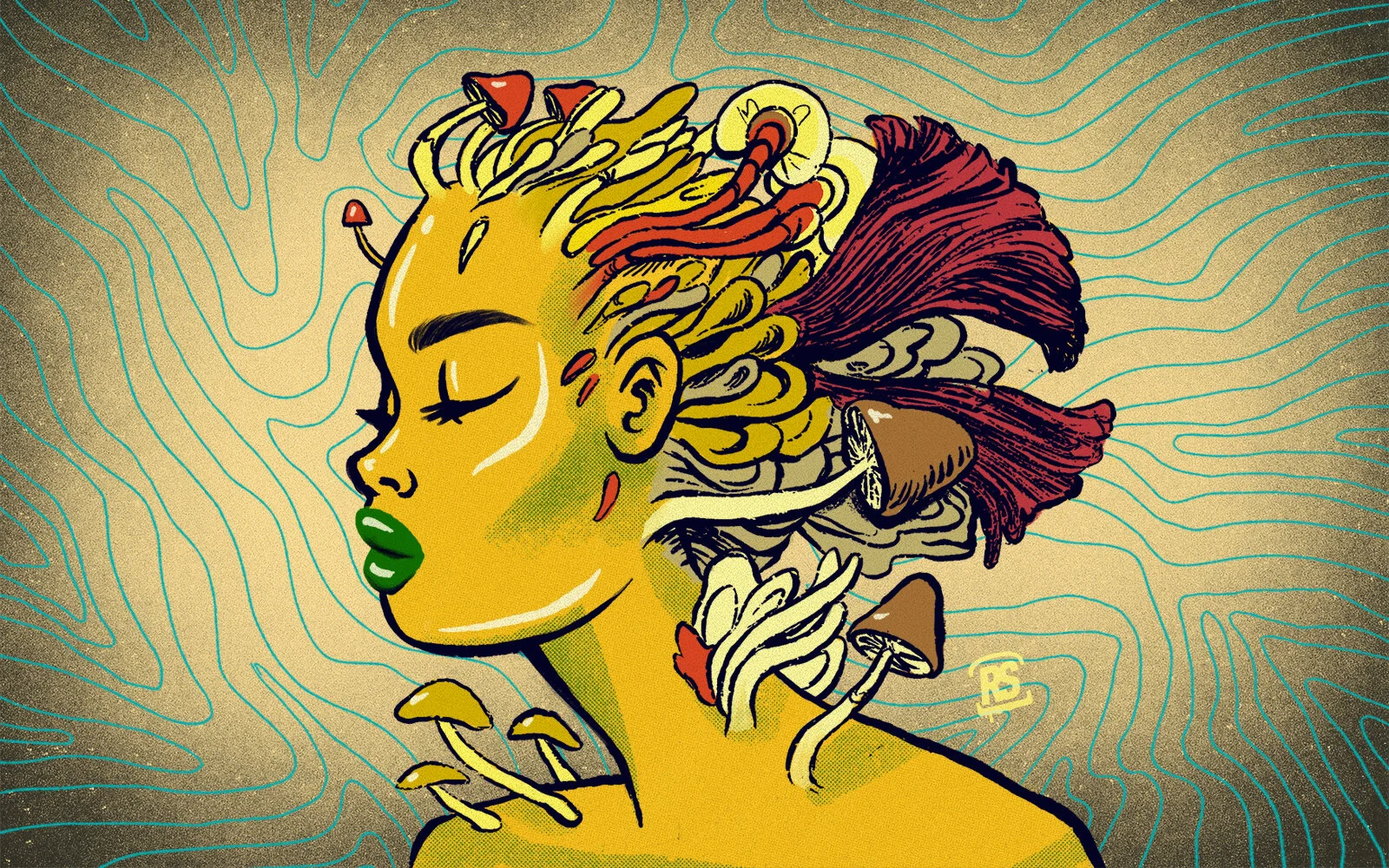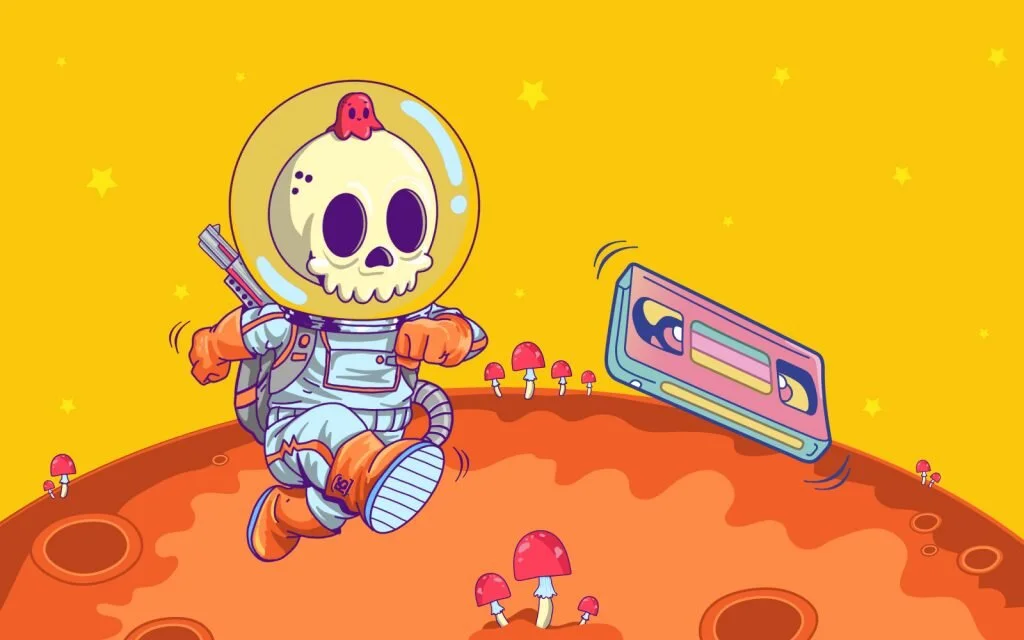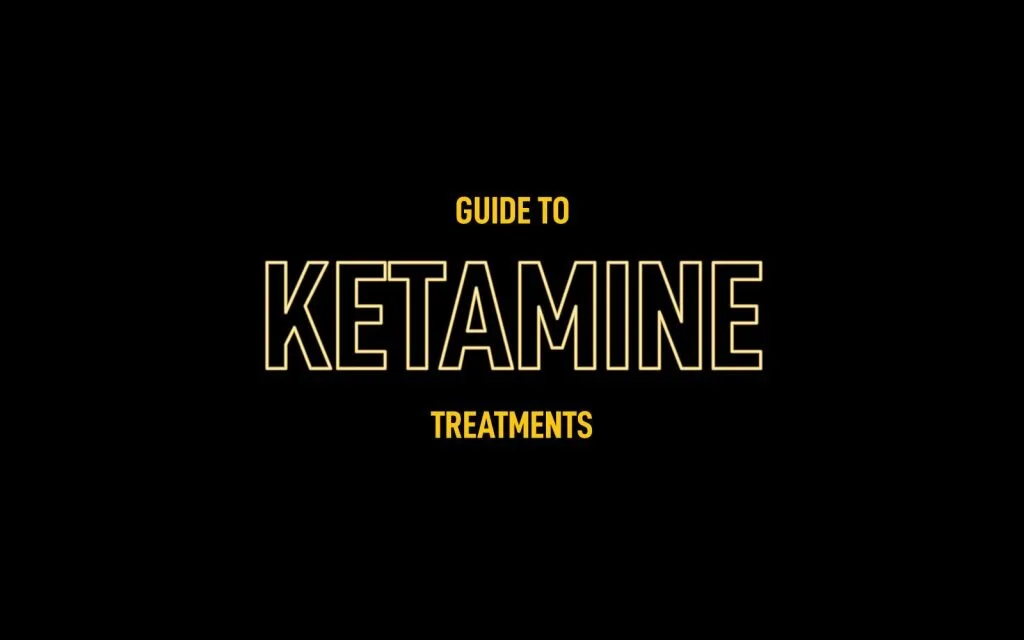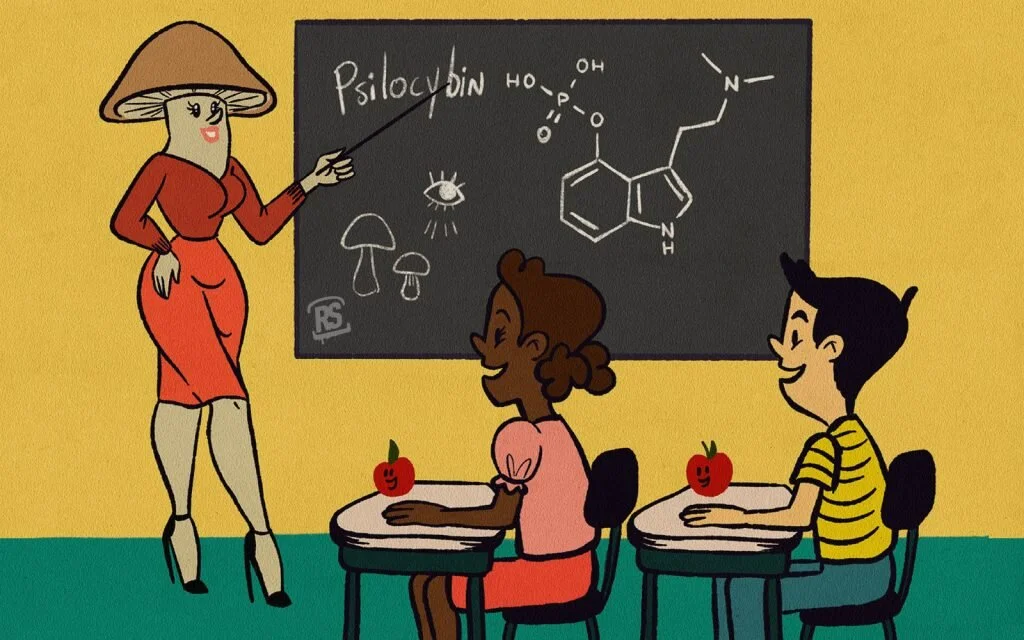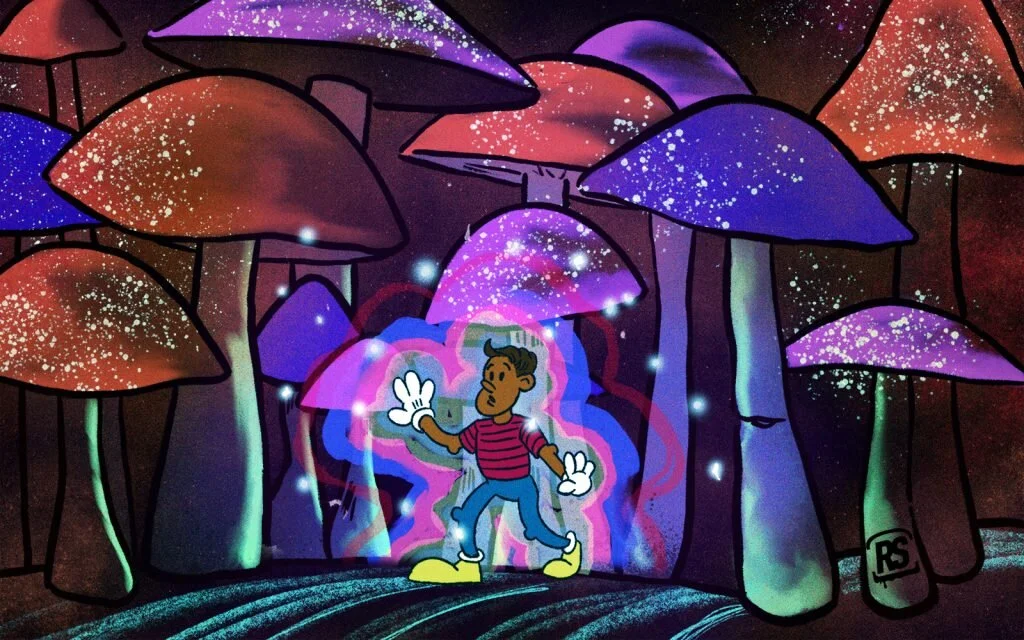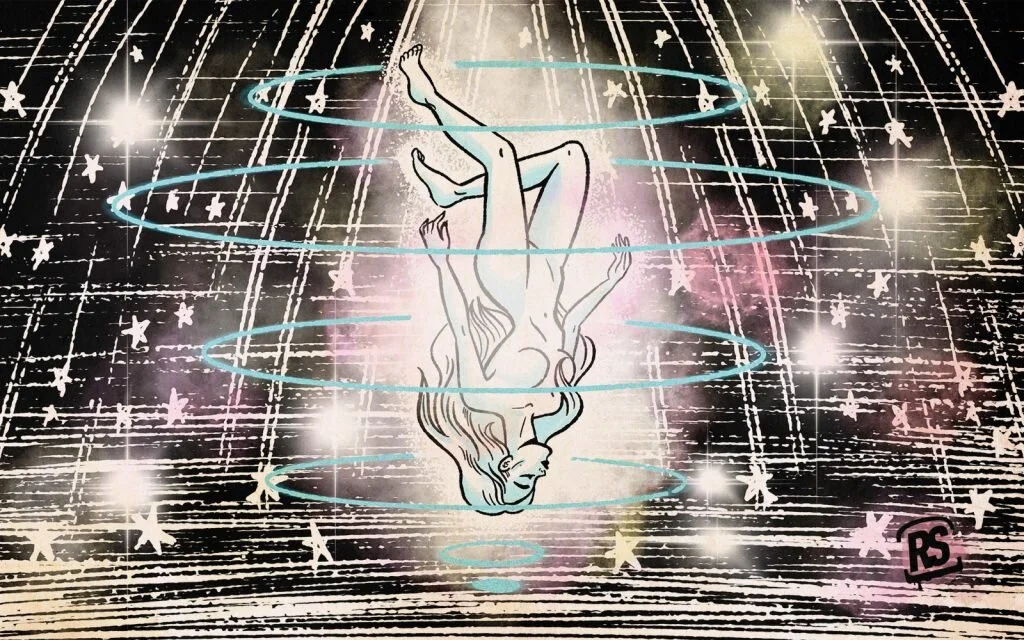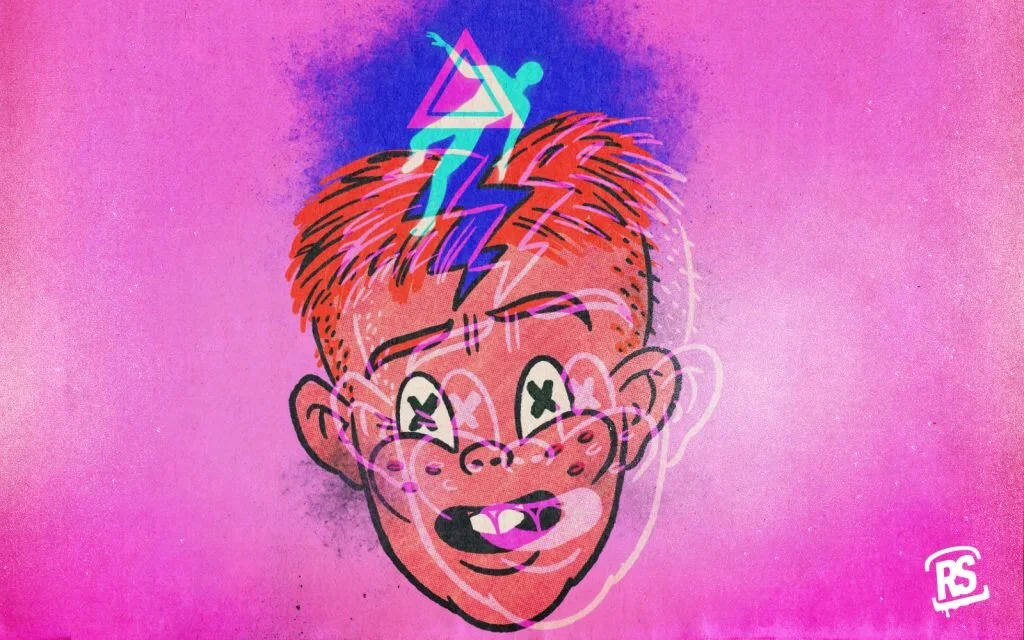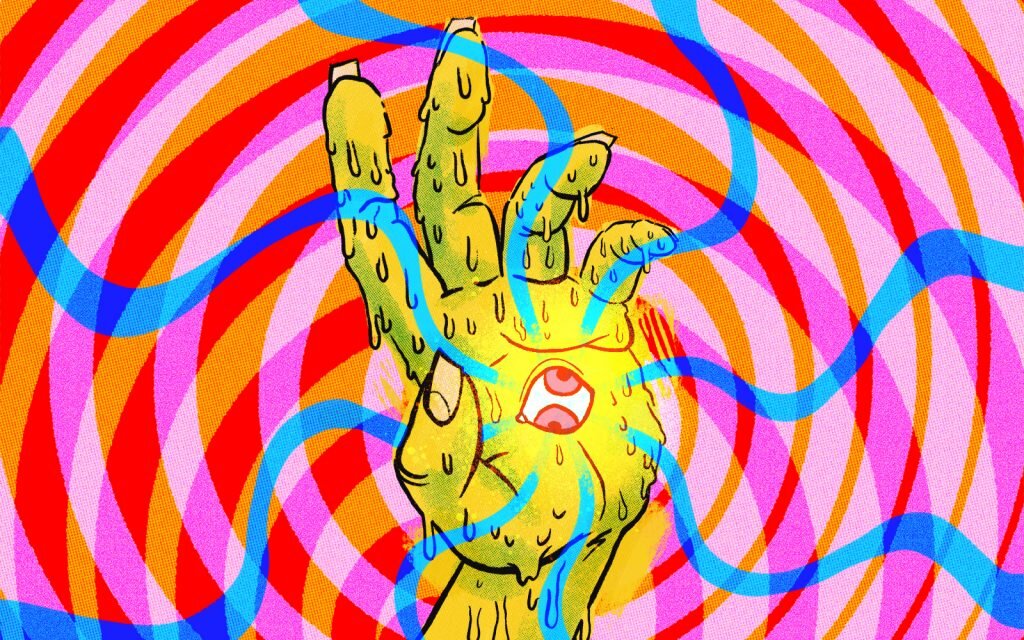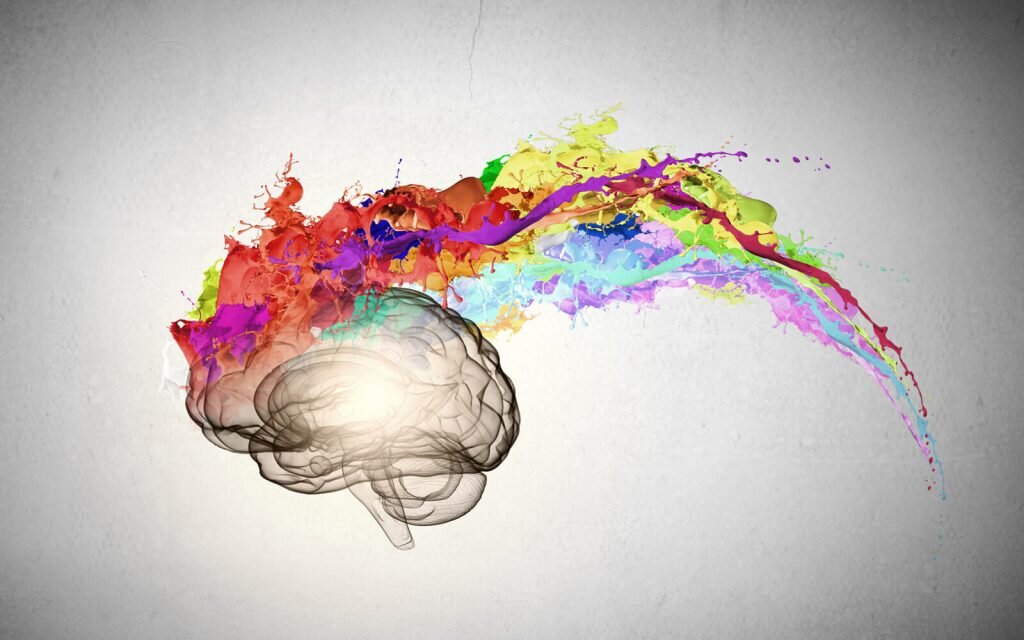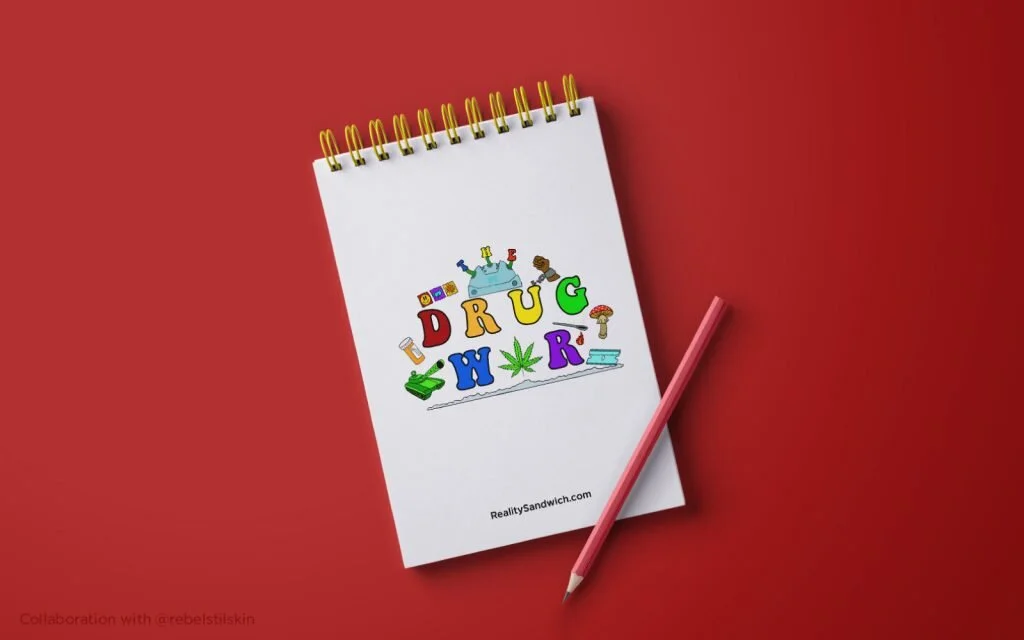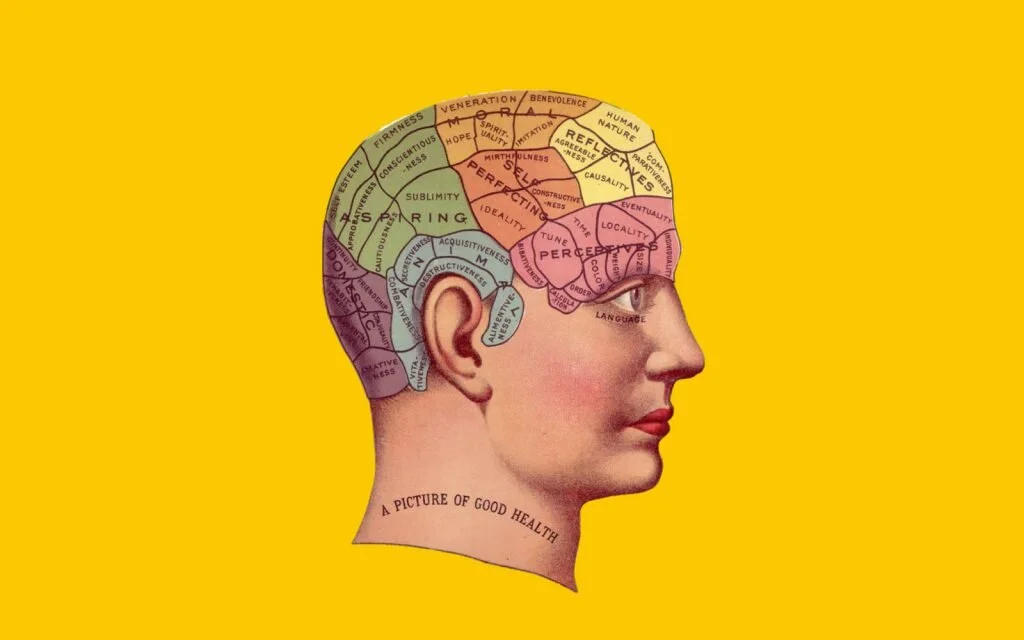The relationship between psychedelics and Judaism is far from simple. Speculation abounds regarding psychoactive substances in the Hebrew Bible, yet there is no consensus on the truth of the matter. Many Jewish thinkers have had a huge influence on psychedelic thought. Yet, many have also rejected their Judaism in their approach. Today, however, a strong Jewish strand is emerging on the psychedelics scene. From reviving direct religious experience to healing intergenerational trauma, psychedelics and Judaism have a lot to offer each other.
Read MoreThe Bible was written a long time ago, long enough for its words to be drenched in ambiguity. This creates a perfect situation for people to interpret the words of these ancient texts to be in line with whatever their favorite pet theory is. Did the Israelites consume mushrooms while wandering in the desert? Did the smoke from the burning bush contain DMT? Did Moses drink a middle-eastern version of ayahuasca? Was cannabis the original incense? Did Jesus heal the sick with super-concentrated cannabis oil? Was Jesus’ original sacrament a wine spiked with LSD-like chemicals? Was Jesus actually a psychoactive mushroom? All of these ideas have been suggested and passionately argued for, but which are true?
Read MoreReligious experiences can be had by many methods; meditation, fasting, feats of endurance, the list goes on. One method in particular, however, has proven consistently reliable – psychedelics. In the 60s, a generation of young people were gifted direct religious experiences thanks to the discovery of LSD. This led to a fascination with Eastern religions, such as Buddhism and Hinduism, that had maps for such experiences. Many uncovered the mystic strands in the faiths of their culture of origin. Many questions arose. Why did these substances evoke religious experiences? Could they have played a role in the development of religion? If so, why was this strand of psychedelic gnosis ultimately lost?
Read MoreWe live in strange times. The use of naturally occurring psychoactive substances seems ubiquitous in human cultures throughout space and time. Yet, our contemporary culture appears to be suffering from amnesia when it comes to such substances. After hundreds of years of suppression and propaganda, the western world had forgotten the powerful possibility of religious experiences with naturally occurring substances.
Read MoreIn recent years mushrooms have entered the spotlight. As clinical evidence mounts for the effectiveness of psilocybin in the treatment of a variety of mental health issues, the mainstream is starting to take notice of the fungal kingdom. Conversations about psychedelic mushrooms are becoming ever more common. This also seems to be the case for home cultivation and use of psilocybin fungi. The excitement extends beyond psychedelic mushrooms to all manner of fungi. Fungi are being used in mycoremediation, mycofabrication, scientific experimentation, and simply for home growing and cooking. Merlin Sheldrake’s new book on the topic of the fungal world, Entangled Life: How Fungi Make Our Worlds, Change Our Minds & Shape Our Futures, is a very welcome addition to the increasingly mycophilic marketplace.
Read MoreStanislav Grof is a giant in the field of psychedelics. He has supervised thousands of sessions of LSD-assisted psychotherapy and mapped out new terrain in the human unconscious. Thus, he became the intellectual successor to the likes of Sigmund Freud and Carl Jung. When LSD was banned, Stan and his wife Christina developed holotropic breathwork. It is a powerful method of inducing non-ordinary states of consciousness. Psychedelic medicine would not be where it is today without Grof’s groundbreaking work. So a new documentary on his life and work is a welcome addition to the cultural landscape of the psychedelic renaissance.
Read MoreIt is estimated that 264 million people worldwide suffer from depression. In addition, every 40 seconds a person commits suicide [1]. With staggering statistics like these, it is no wonder thousands of people are searching for new methods of symptom management. In recent years, many people with depression have been turning to ketamine treatment to find relief—although ketamine is not a new drug. Widely known as an anesthetic and club drug, ketamine has been found to have antidepressant properties, bringing hope to people for whom other interventions have been ineffective.
Read MoreFew psychedelics emerge as ready for consumption as psilocybin mushrooms. Ayahuasca involves the brewing of two very specific plants together in order to have its effects. LSD is typically synthesized in a lab, and even mescaline-containing cacti are usually cooked or dried before consumption. Psilocybin mushrooms, on the other hand, are ready for consumption. All that is required is that you pluck and swallow the mushroom. What happens next depends on many factors. For many, the psilocybin experience is one of realizing the interconnectedness of reality and gaining greater respect for the natural world. Why are these mushrooms just lying around, ready to give us such an experience? Could it be more than just a coincidence of brain chemistry? Could it be that this group of fungi evolved to send us a message?
Read MoreThe place of consciousness in the natural world is arguably the greatest mystery facing modern science. It is often claimed by anthropologists that, before organized religion, humans across time and space naturally tended towards animistic beliefs on this matter. Animist worldviews see consciousness as widespread in nature, and as being intimately related to the forces that animate the living world around us. This is a humbling perspective, where plants are our peers, and we appear in the minds of other animals. As creatures that evolved to fear death over everything else, however, our being consciously beheld by other creatures that may have intentions regarding us can be deeply unsettling, making us feel small and prey-like. When our collective thinking becomes dominated by fear, we may simply deny that this could possibly be the case and insist that we are the sole conscious species in existence. The idea of nature as an unconscious machine is less threatening than the idea of nature as an assembly of countless minds that might desire to devour you. This kind of thinking gives rise to a dualism between lowly, mechanical, unconscious nature and a dissociated conception of consciousness as being elevated above it. The fear of death associated with being a living organism can even push us into thinking of our individual consciousness as so fully decoupled from the material world that it might even survive the death of the body.
Read MoreAn explanatory gap exists between physics and experience, raising the hard problem of consciousness: why are certain physical systems associated with an experience of an external world from an internal perspective? The living mirror theory holds that consciousness can be understood as arising from the computational interaction between a living system and its environment that is required for the organism’s existence and survival. Maintaining a boundary that protects the system against destructive forces requires an interaction between the organism and its outside world that can be cast in terms of Bayesian inference. The living mirror theory holds that this computational interaction results in statistical properties of the material world that are, in the absence of life, only implicit, becoming explicit in informational terms. This is held to give rise to the beliefs in qualities that constitute consciousness. Consciousness is therefore a necessary feature of all living systems as, in a world governed by the second law of thermodynamics, survival depends on the construction of beliefs regarding the potentially destructive forces in the outside world. From this perspective, consciousness is shown to be not a property of the brain in particular but instead to be a necessary feature of the life process itself
Read MorePsychedelic research is having a renaissance, and psilocybin is one of the main substances studied. One reason that psilocybin has taken center stage is that LSD has not yet recovered from the bad press it received in the 60s. New companies are popping up every month as they anticipate psilocybin therapy’s rollout over the coming years, for everything from depression to palliative care. What is psilocybin all about? Why is the psilocybin experience so special, and why does it hold such power for healing?
Read MoreMany religious traditions believe that humans possess an immaterial soul. According to such traditions, the soul is the non-physical essence of who we are and the source of our conscious mind. Many such traditions hold that this soul is immortal and survives the death of the physical body. Other spiritual traditions, such as Buddhism, hold that there is no separate identity living within us. According to this perspective, this inner sense of having an immaterial self is a trick of the mind that stands in the way of recognizing the true, perfect, unitive nature of existence.
Read MoreWhen it comes to certain spiritual experiences, words truly fail. One experience in particular dominates in conversations on psychedelic and spiritual experiences and is hard to put into words. Self-transcendence, the mystical experience, the unitive experience, ego-death, non-dual awareness, nirvana, enlightenment, satori, kensho, rigpa, samadhi or the experience of oneness – all names for the same concept. What is this experience? How does it come about? And what does it mean?
Read MoreThe terms ‘psychedelic’ can be applied not only to a class of chemical, but to a whole style of visual art, inspired by the visions that these chemicals produce. Why do these substances produce similar visual experiences across different individuals and where do these experiences come from? From breathing walls to melting hands, from symbolic imagery to entity encounters, psychedelic visions can tell us something about who and what we are.
Read MorePsychedelics are political. Their use in the 1960s had a political impact that is still being felt today, and their widespread banning was driven by political motives. But how can a class of chemicals consistently impact our opinions of how we organize and relate to each other? Psychedelics can affect the brains of individuals in ways that produce consistent insights. These insights have direct relevance for our individual and collective wellbeing, and can point the way towards political change that would benefit us all.
Read MorePsychedelics can assist personal growth because psychedelic states offer unparalleled opportunities. It’s not uncommon to hear people describe their trips as like years of therapy condensed into a few hours. Science is finding that these dramatic effects are real, with psychedelic compounds helping to heal trauma, treat depression, and even resolve people’s fear of death. Efforts to decriminalize psychedelics have achieved unprecedented success in recent years. Perhaps you live in a city, state, or country where you will not be physically imprisoned if you choose to cultivate and consume your own magic mushrooms. Perhaps you’ve heard stories of people transforming for the better after using psychedelics and it has peaked your interest. Where do you begin?
Read MoreDrug use is a public health issue, yet in the United States it is treated as a war. The “War on Drugs” refers to the United States’ domestic and global campaign of drug prohibition, criminalization, policing, military interventions, and policymaking that responds to the issue of drug use with the violence of the state. Since this declaration of war, federal and state legislatures have incentivized police departments by linking funding to the number of drug arrests, while underfunding programs and policies for drug addiction prevention and rehabilitation.
Read MoreMental health refers to the state of your internal psychological and emotional condition. As with physical health, we can think of health in two different ways; as the absence of any illness that is causing suffering, or as how well is one’s state of overall well-being.
Read MoreThroughout human history, our species has used psychoactive plant medicines to heal people. Over the past two thousand years, imperial, colonizing states that sought to exert control over their populations repressed this legacy. From the Roman Empire to the European invasion of the Americas, to the United States today, a population able to heal their own trauma through plant medicine has been considered a threat to these systems of control and exploitation. Thanks to the diligent work of psychedelic advocates and scientists over the last few decades, however, the truth is finally beginning to emerge. Psychedelic therapy is now set to return to its rightful place at the centre of our approaches to emotional and psychological healing.
Read More